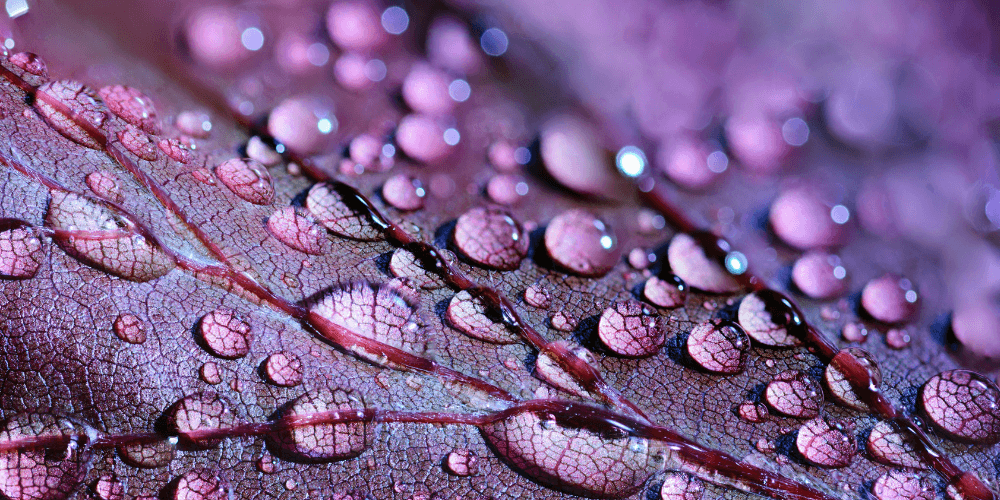Fast & Free Shipping In The US

I’ve often thought that there just isn’t enough opportunity to quote Shakespeare when writing about health and nutrition. Then, like kismet, a study is released that just cries out for a mention of this passage from Act 2, scene 2 of Romeo and Juliet:
But soft, what light through yonder window breaks?
It is the east, and Juliet is the sun.
Arise, fair sun, and kill the envious moon,
Who is already sick and pale with grief
That thou, her maid, art fairer than she.
Isn’t that glorious? Now comes the hard part, making it fit into what I try to do here at Trusted Nutrients with this blog. Thankfully, the fabulous researchers at Northwestern University have the solution. Recently they published the results of a one of a kind study that might just change the way you think about light forever.
It is common knowledge that “Early to bed, early to rise, makes a man healthy, wealthy, and wise.” Sure, sure Mr. Franklin, whatever you say. What if I prefer to rise around noon? What if I want to hibernate in my house until later in the day when I venture out to walk the dog or pick up the kids from school? Why can’t my version of ‘early’ be defined as lunchtime-ish? Does it really make a difference? The answer is YES. It absolutely does make a difference. A BIG one.
Want a LOWER BMI? Get outside in the morning!
The researchers studied 54 participants. They used wrist monitors to keep track of their light exposure, activity, and sleep patterns for seven days. They used food diaries to keep track of their eating habits. They ensured that the subjects had fairly equal ages, caloric intakes, activity levels, and sleeping patterns. Once they controlled all of those factors in their experiment, they were left with the influence of light. Those with earlier light exposure had a body mass index that was about 20 percent lower than those with light exposure later in the day.
What does that mean? It means that getting 30 minutes or less of daylight in the early morning hours helps you maintain a healthy weight! The benefits don’t end there, though. Nighttime light exposure, such as that coming from electronic devices, has already been shown to disrupt our natural circadian rhythms. The light makes it difficult for us to fall asleep and stay asleep once we finally get there. Take it from me, this leads to fatigue, lack of concentration, and general crabbiness. Researchers at the University of Toronto found that people who naturally wake up by 7 am were up to 25% happier than people who wake up after 10 am. They had more feelings of happiness, cheerfulness, alertness, and liveliness.
Early morning light will make me skinny AND happy? Sign me up! But, how can a confirmed night owl possibly make the lifestyle changes necessary to take advantage of this information?
1. Open your shades. To begin, make opening your shades to the sunlight the first thing you do when you get out of bed.
2. Get OUT of the house. Get the paper, water your flowers, walk the dog, knock on your neighbor’s door to see what they are having for breakfast, just do something that gets you outside for at least 20 minutes. Don’t forget the sunscreen, though. The study showed that the light works through the connection between your eyes and your brain, no need to risk melanoma!
3. Get the electronics OUT of your bedroom. This one is going to be the hardest for me. I love to lie in bed and read on my Kindle before I go to sleep. In fact, I first read about this study on my phone, in bed. I hate it, but I can’t argue with science. The darker the room you sleep in, the better you sleep. The less electronic light you stare at before bed, the better you sleep. It has to be done.
4. Save activities that are active for the daylight hours. That means work, exercise, watch TV, and spend time with your friends during the daytime. Once the sun goes down, start winding down. Read actual books, listen to soothing music, or meditate.
5. Plan ahead when you have to sleep in. There will, of course, be occasions when you have to stay up late. Be prepared! Get some blackout curtains so you can turn your room into a cool, quiet, dark den of sleepiness.